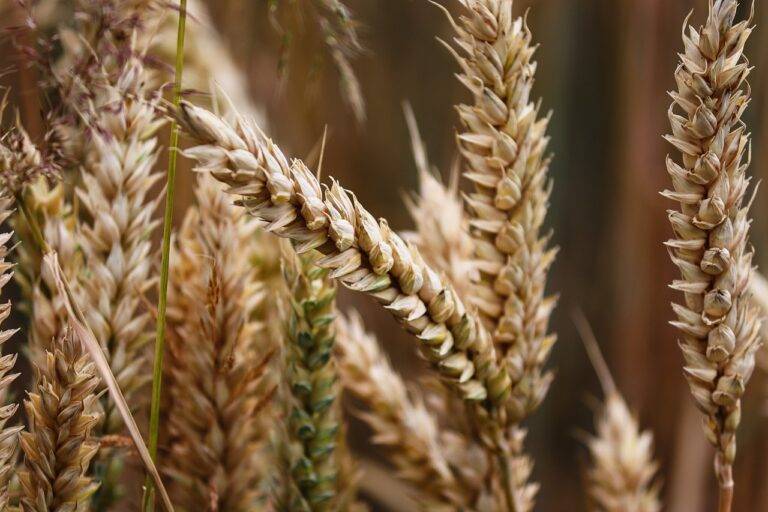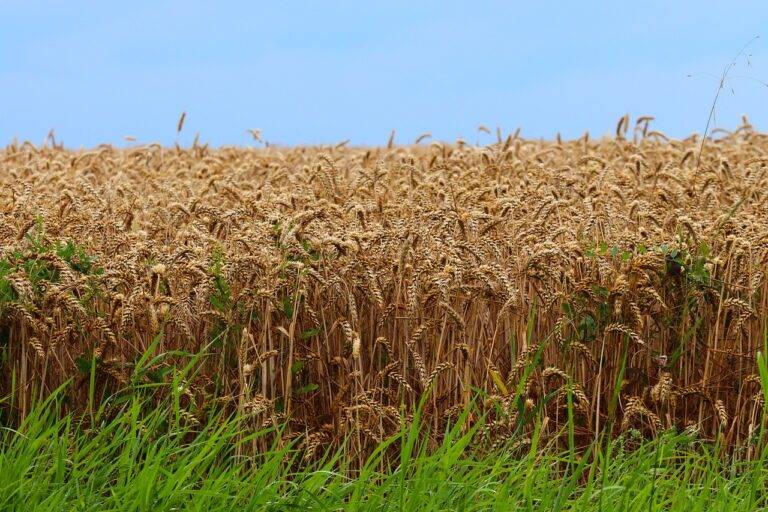The Role of Bees in Forest Ecosystems: 11xplay pro, 24 betting login india, Skyinplay live login
11xplay pro, 24 betting login india, skyinplay live login: Bees are incredible creatures that play a vital role in forest ecosystems all around the world. They are not just important for making honey, but they also have a significant impact on the environment and the overall health of forests. In this blog post, we will explore the various ways in which bees contribute to forest ecosystems and why they are so essential for the balance of nature.
Pollination
One of the most critical roles that bees play in forest ecosystems is pollination. Bees are responsible for pollinating a wide variety of plants, including many of the trees that make up our forests. When bees collect nectar and pollen from flowers, they transfer pollen from one flower to another, allowing plants to reproduce and produce seeds. This process is crucial for the survival of many plant species, including those that provide food and shelter for other animals in the forest.
Biodiversity
Bees also help to promote biodiversity in forest ecosystems. By pollinating a wide range of plant species, bees contribute to the diversity of plant life in the forest, which in turn supports a diverse array of animal species. Bees are essential for maintaining the balance of the ecosystem and ensuring that all species have access to the resources they need to survive.
Seed dispersal
In addition to pollination, bees also play a role in seed dispersal. Some plant species rely on bees to spread their seeds to new locations, helping to expand their range and ensure their survival. Bees carry seeds on their bodies as they move from flower to flower, dropping them as they go. This process helps to establish new plants in different areas of the forest, contributing to the overall health and diversity of the ecosystem.
Natural pest control
Bees are also natural pest controllers in forest ecosystems. They help to keep insect populations in check by preying on pests that can damage plants and trees. Bees feed on a variety of insects, including aphids and caterpillars, which can cause harm to forest vegetation. By keeping these insect populations in check, bees help to maintain the health and balance of the ecosystem.
Honey production
Of course, one of the most well-known roles of bees in forest ecosystems is honey production. Bees collect nectar from flowers and convert it into honey, which serves as a rich food source for bees and other animals in the forest. Honey is essential for bees to survive through the winter months when food sources are scarce. In addition to providing food for bees, honey also has a range of medicinal properties and is highly valued by humans for its taste and health benefits.
Environmental indicators
Bees are also essential environmental indicators in forest ecosystems. The health and abundance of bee populations can tell us a lot about the overall health of the environment. Declines in bee populations can be an early warning sign of environmental problems, such as habitat loss, pollution, or climate change. By monitoring bee populations, scientists can gain valuable insights into the state of the ecosystem and take steps to protect it.
FAQs
Q: How do bees help the environment?
A: Bees play a crucial role in pollination, biodiversity, seed dispersal, natural pest control, and honey production, all of which contribute to the health and balance of forest ecosystems.
Q: Why are bees important for forests?
A: Bees are important for forests because they help to pollinate plants, promote biodiversity, disperse seeds, control pests, produce honey, and serve as environmental indicators.
Q: How can we protect bees in forest ecosystems?
A: We can protect bees in forest ecosystems by preserving their habitat, reducing pesticide use, planting bee-friendly plants, and raising awareness about the importance of bees in the environment.
In conclusion, bees are essential for the health and balance of forest ecosystems. Their role in pollination, biodiversity, seed dispersal, natural pest control, and honey production is invaluable to the environment. By protecting and preserving bee populations, we can ensure the continued health and sustainability of our forests for generations to come.







